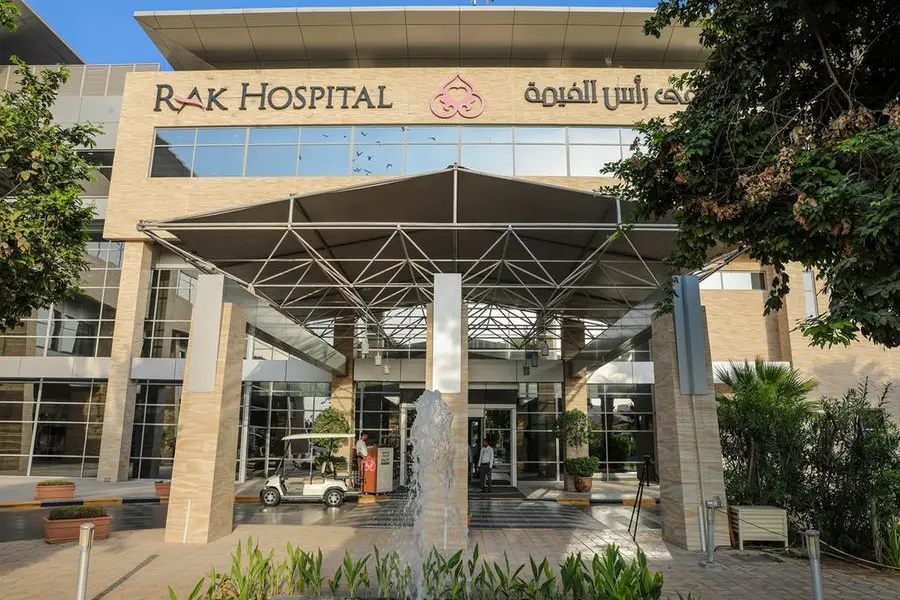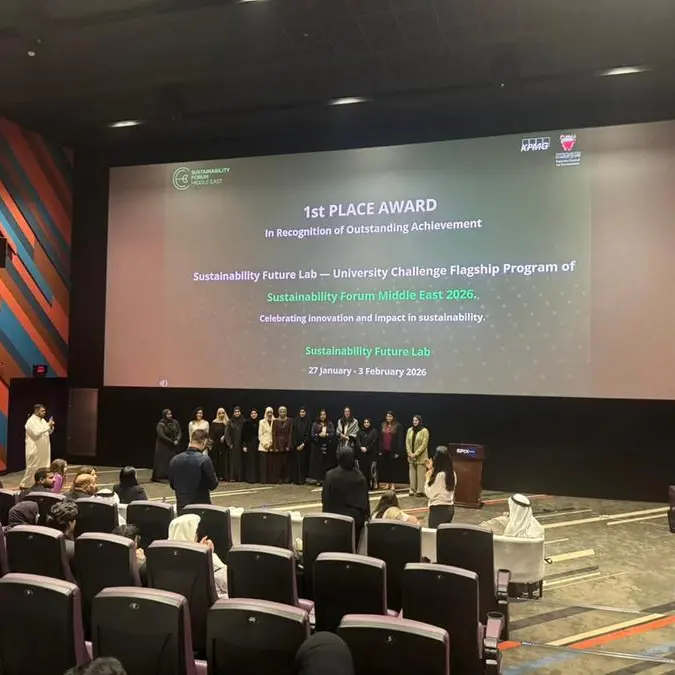PHOTO
- Ginseng, aloe vera, cinnamon, and fenugreek are noted for their positive effects on blood sugar management
- Syzygium, Gymnema, Cephalandra, and Abroma homeopathic remedies help alleviate discomforts associated with diabetic complications and peculiar symptoms.
RAK Hospital — As part of the RAK Diabetes Challenge, RAK Hospital proudly hosted the sixth session of its Diabeat webinar series, focusing on the critical theme of "Diabetes & Holistic Care." This enlightening event featured renowned homeopathic and wellness specialist, Dr. H.S. Wilkhoo, who shared comprehensive insights into the evolving landscape of diabetes management that embraces both conventional and holistic approaches.
Dr. Wilkhoo emphasized that diabetes is fundamentally characterized by high blood sugar levels, which arise from either a lack of insulin production (Type 1 diabetes) or insufficient insulin action (Type 2 diabetes). Alarmingly, diabetes remains one of the top three global health concerns, with studies indicating that one in five individuals worldwide are either pre-diabetic or diabetic.
The Holistic Approach
Dr. Wilkhoo highlighted the limitations of conventional diabetes management, which primarily focuses on allopathic medication alongside diet control and exercise. He advocated for a more integrated approach that encompasses holistic methodologies, including:
- Home Remedies: Utilizing natural ingredients known for their health benefits.
- Herbal Therapy: Incorporating plant-based treatments that may enhance insulin sensitivity.
- Micronutrient Therapy: Ensuring adequate intake of essential vitamins and minerals.
- Alternative Therapies: Exploring practices such as homeopathy and yoga.
Dr. Wilkhoo noted that the holistic model not only addresses the physical aspects of diabetes but also supports mental and emotional well-being, fostering a more comprehensive diabetes management program.
Key Insights from the Webinar
Throughout the session, Dr. Wilkhoo shared critical insights on various aspects of diabetes management:
- Diagnostic Criteria: He outlined the importance of regular screenings, with fasting blood sugar levels (FBS) between 100-126 mg/dL indicating prediabetes and levels above 126 mg/dL confirming diabetes. HbA1c levels above 6.5% are also indicative of diabetes.
- Risk Factors: Dr. Wilkhoo identified key risk factors for Type 2 diabetes, including obesity, a sedentary lifestyle, and high carbohydrate diets, with particular emphasis on the disproportionate risk among African and Asian populations.
- Alternative Therapies: He discussed how alternative therapies, such as naturopathy and homeopathy, could complement traditional treatments. For instance, remedies like Syzygium and Gymnema have shown promise in managing blood sugar levels and related symptoms.
Many peculiar symptoms, such as formication (tingling sensation), brain fog, generalized itching without eruptions, polyuria, polydipsia, and erectile dysfunction—often outcomes of chronicity and complications of diabetes—can be effectively addressed by homeopathy.
- Nutritional Insights: The webinar highlighted the importance of a balanced diet rich in essential micronutrients. Dr. Wilkhoo emphasized:
- Vitamins: Vitamin B for blood health, Vitamin C for wound healing, and Vitamin E for metabolism.
- Minerals: Chromium for insulin function and magnesium for metabolic support.
- Herbal Remedies: Ginseng, aloe vera, cinnamon, and fenugreek were noted for their positive effects on blood sugar management.
Home Remedies and Their Benefits
One of the most compelling segments of the webinar was Dr. Wilkhoo's discussion on the efficacy of traditional home remedies. He confirmed that numerous studies support the benefits of common ingredients like:
- Curry Leaves: Known to help manage blood sugar levels.
- Bitter Gourd (Karela): Aids in detoxifying the liver and reducing blood sugar.
- Ginger and Garlic: Enhance insulin sensitivity and lower blood sugar levels.
- Neem Leaves: Exhibit hypoglycemic effects.
- Curd: Acts as a prebiotic, promoting gut health, which is beneficial for diabetes management.
Dr. Wilkhoo concluded the session by urging participants to adopt a proactive approach to their health:
- Annual Health Checks: Begin regular comprehensive medical check-ups after age 45.
- Monitoring: Individuals diagnosed with prediabetes or diabetes should monitor their blood sugar levels at least weekly.
- Dietary Choices: Avoid simple sugars and processed foods; focus on whole grains and leafy vegetables.
- Physical Activity: Engage in moderate exercise for at least 30 minutes daily.
- Integrative Care: Support traditional diabetes treatments with holistic remedies for optimal results.
The Diabeat webinar series continues to be a valuable resource for individuals seeking to enhance their understanding of diabetes and explore comprehensive management strategies. For more information about the RAK Diabetes Challenge 2024, on the Diabeat series and to view past webinars, visit www.rakdiabeteschallenge.com




















